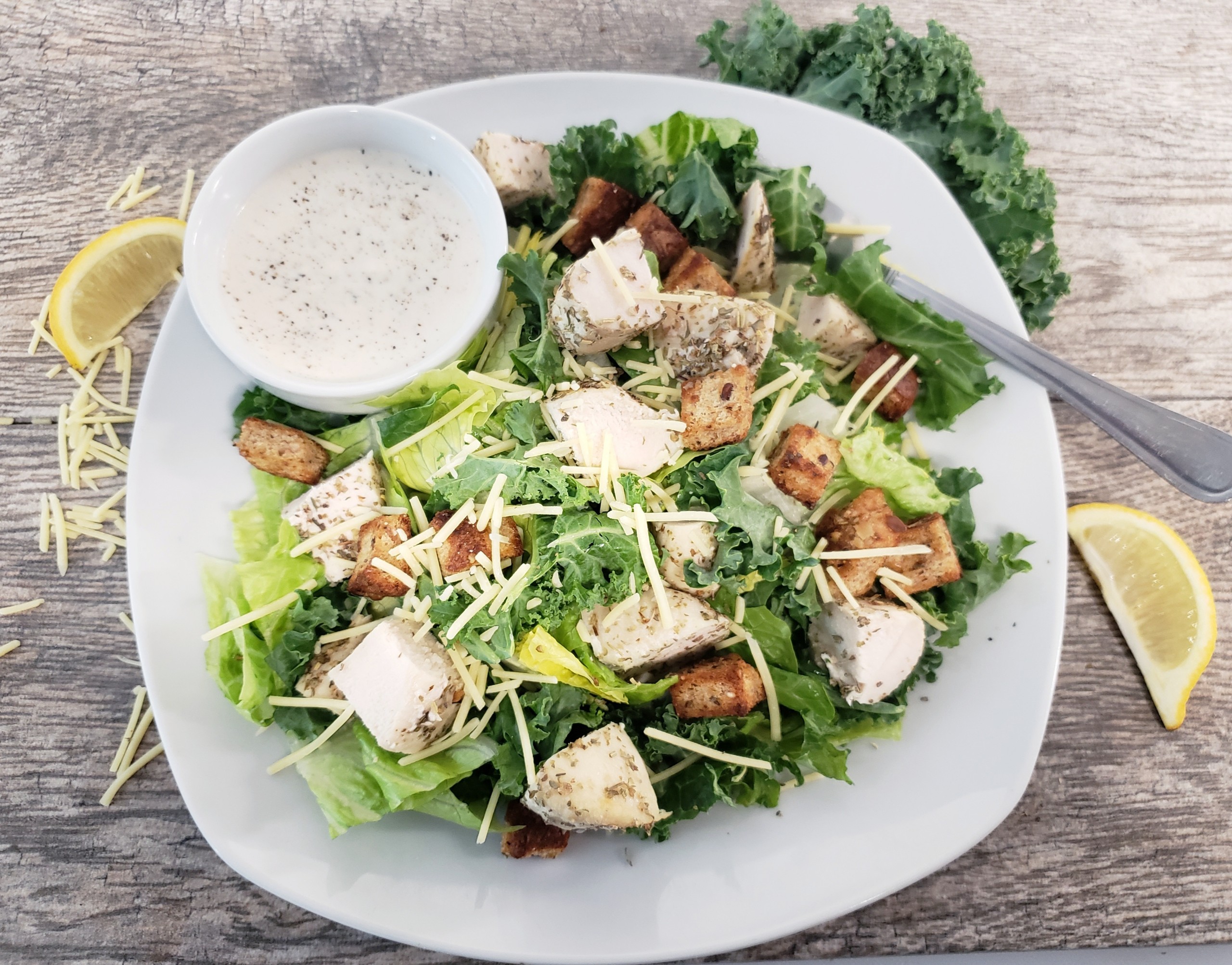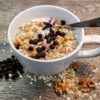
B vitamins are a group of water-soluble vitamins that play a critical role in maintaining our overall health and well-being. From supporting energy production to promoting brain function and aiding in cell metabolism, these powerhouse nutrients are essential for our bodies to function optimally. In this blog, we will explore the importance of B vitamins and discover the foods that are rich sources of these vital nutrients.
- Energy Metabolism: B vitamins, particularly B1 (thiamine), B2 (riboflavin), B3 (niacin), B5 (pantothenic acid), B6 (pyridoxine), and B7 (biotin), are crucial for converting the food we eat into energy. These vitamins play a vital role in the metabolism of carbohydrates, proteins, and fats, helping us extract energy from the foods we consume.
- Brain Function and Mood: B vitamins are essential for maintaining a healthy nervous system and supporting proper brain function. Vitamin B6, B9 (folate), and B12 (cobalamin) are particularly important for neurotransmitter synthesis and maintaining healthy cognitive processes. Adequate intake of these vitamins has been associated with improved mood, enhanced memory, and reduced risk of cognitive decline.
- Red Blood Cell Formation: Vitamin B12 and folate are instrumental in the production of red blood cells, which carry oxygen throughout the body. Insufficient levels of these vitamins can lead to megaloblastic anemia, characterized by fatigue, weakness, and shortness of breath.
- DNA Synthesis and Cell Division: B vitamins, especially B9 (folate) and B12, play a critical role in DNA synthesis and cell division. They are essential for the formation and repair of DNA, which is vital for the growth and maintenance of all body tissues. Proper levels of these vitamins are particularly important during periods of rapid growth, such as pregnancy and infancy.
- Heart Health: Several B vitamins, including B6, B9, and B12, contribute to cardiovascular health. They help regulate homocysteine levels in the blood, an amino acid linked to an increased risk of heart disease. Adequate intake of these vitamins has been associated with a lower risk of heart disease and improved cardiovascular function.
- Skin, Hair, and Nail Health: B vitamins are vital for maintaining healthy skin, hair, and nails. They support the production of keratin, a protein that provides structural integrity to these tissues. Biotin (B7) and niacin (B3) are particularly known for their role in promoting healthy skin and hair.
Foods Rich in B Vitamins:
- Whole Grains: Whole wheat, oats, brown rice, and quinoa are excellent sources of B vitamins, including thiamine, riboflavin, niacin, and folate.
- Leafy Green Vegetables: Spinach, kale, broccoli, and Brussels sprouts are packed with folate and other B vitamins.
- Legumes: Lentils, chickpeas, beans, and peas are rich sources of B vitamins, especially folate and B6.
- Nuts and Seeds: Almonds, sunflower seeds, flaxseeds, and peanuts are good sources of B vitamins, including niacin and biotin.
- Animal Protein: Meat, poultry, fish, and dairy products are excellent sources of B vitamins, particularly vitamin B12. Include lean meats, eggs, fish, and low-fat dairy in your diet to ensure adequate intake.
B vitamins are indispensable for maintaining our overall health and vitality. From energy metabolism to brain function, red blood cell formation, and heart health, these nutrients play a vital role in numerous physiological processes. Incorporating a variety of B vitamin-rich foods into your diet, such as whole grains, leafy greens, legumes, nuts, seeds, and animal protein, can help ensure an adequate intake of these essential nutrients. Embrace the power of B vitamins and fuel your body with the nutrients it needs to thrive. For an all-around B vitamin boost, check out our new Caesar Salad with your choice of Chicken, Chickpea, or Salmon for protein.
Resources:
https://www.hsph.harvard.edu/nutritionsource/vitamins/vitamin-b/










